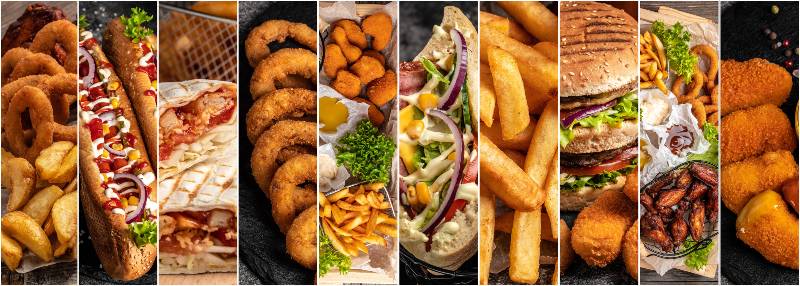Flint DUI defense lawyers break down the foods most likely to trip up breathalyzers.
Despite their popularity among law enforcement, breathalyzer tests are not a reliable way to determine whether someone is driving under the influence of alcohol.
There are too many ways for the equipment to produce a false positive test result – a reading above the legal limit of 0.08% blood alcohol content (BAC) or higher.
One of the biggest triggers for a false positive is food. Not all foods can do this, however. Read on to find out which foods may inflate BAC results and how to avoid a food-related DUI charge.
If you have been charged with driving under the influence (DUI) of alcohol – even if you allegedly produced a positive BAC test result – you still have many options for a strong defense. Contact Manley & Manley for a free DUI case evaluation to find out how we can help you.
How food can cause a false positive BAC result
Food can cause false positive BAC test results in several ways:
- Fermentation. Bits of fermented foods still in your mouth 15-20 minutes after eating may release ethanol.
- Burping. Food that causes indigestion can trigger burping, which may bring up ethanol gasses from an upset stomach.
- Overall diet. For some, it’s not just one food that is causing them to register a false positive. Instead, it’s their overall diet. In particular, people who eat high-protein, low-carb diets are more likely to produce a false positive BAC test result.
The foods most likely to cause fermentation are sugary, high-protein, and/or contain yeast or alcohol. Foods that cause indigestion and belching vary, but some common sources for an upset stomach include hot sauce and spicy foods, dairy, beans, and some whole-grain foods.
Foods that can trigger false positive BAC results
Here are some foods that could cause a sober driver to register a false positive BAC test:
- Sugary foods. Cinnamon rolls, honeybuns, protein bars, and pastry.
- Bread and pastries. Honey-glazed donuts, sandwiches, slices of pizza, croissants,
- Fruit and juice.
- White and red wine vinegar. Vinaigrettes, like Italian and Greek dressings, include vinegar.
- Energy drinks. One study analyzing the contents of energy drinks found that most of those tested contained small amounts of ethanol. As a result, about 40 percent of the people participating in the experiment had false BAC results.
- Extract. Most extracts are made with alcohol. For example, the average bottle of vanilla extract is about 35 percent alcohol.
For this reason, if officers expect that you have been drinking, they will observe you for 15 minutes before conducting a breath test. This is to ensure that you haven’t just put something into your mouth. If you have had foods that lead to indigestion and you are burping, let the officer know that. If the officer fails to employ a 15-minute observation period before administering a test, your attorney can use that information in court.
Fighting false positive results takes real legal experience.
A false positive BAC test can cause a lot of problems for people suspected of DUI and those ordered to use Interlocks on their vehicles. A false positive on an Interlock means the vehicle will not start. Such a delay can cause a person to be late for work, school, medical appointments, and other activities. In addition, depending on your circumstances, a failed Interlock test could be a parole violation and/or cause your license to be suspended.
You may know that you were sober and the test is wrong, but you cannot expect your innocence to protect you from a Michigan DUI conviction. Only a lot of proof and a proven and aggressive criminal defense lawyer can do that.
Manley & Manley has been fighting hard for our clients since the 1980s. We are known for our relentless approach to protecting our client’s freedom. Our Flint criminal defense attorneys understand how to challenge breathalyzer tests.
If you have been charged with DUI in Michigan, contact us and schedule a free case evaluation.



